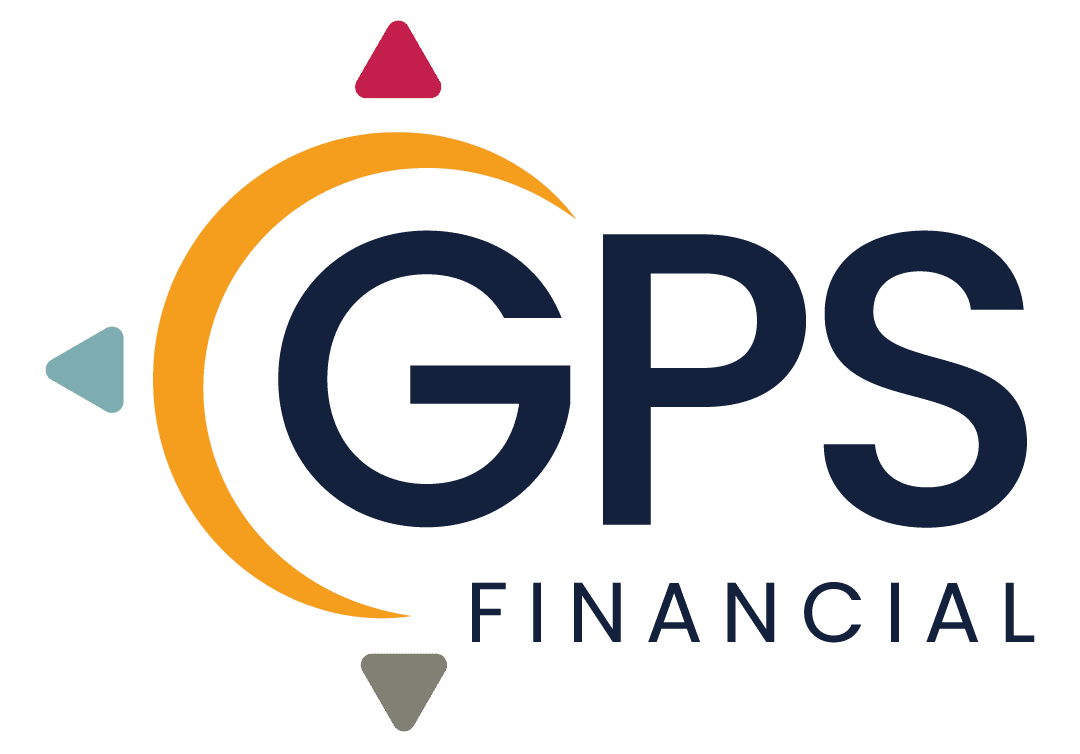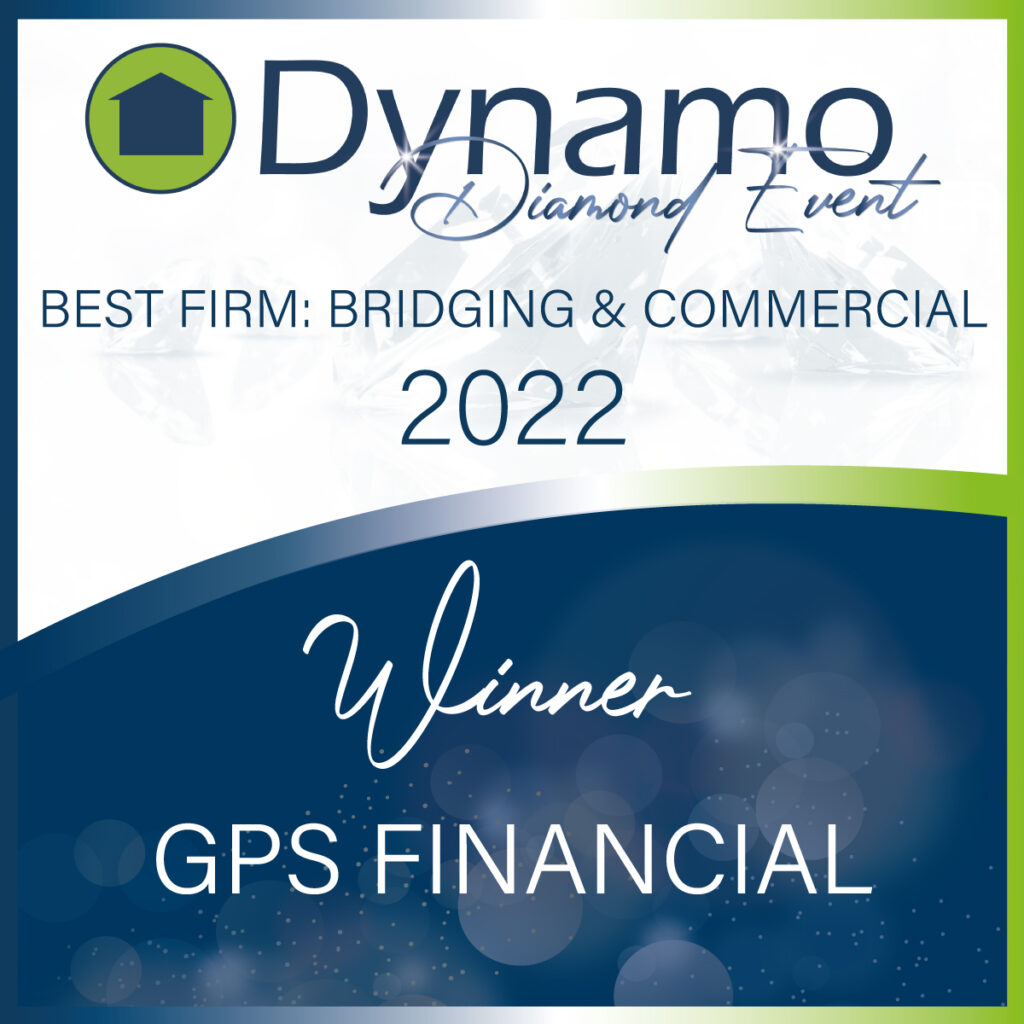Commercial Bridging Loans
- Industry leading property finance specialists
- Expert brokers with decades of experience
- Access to the top lenders to get the best value
Get in touch for a free, no-obligation chat with an adviser about how we might be able to help.
Home » Bridging Loans » Commercial Bridging Loans
Commercial Bridging Loans – a fast source of finance
What is a commercial bridge loan?
There are a variety of forms of bridging loan, including residential bridging loans, refurbishment bridge loans and commercial bridging loans.
A commercial bridging loan is a source of funding for a commercial purpose. There is no cap on the amount that can be borrowed and there is a maximum term of 12 months.
They often help a company purchase an investment property or an office building. A bridging loan is ‘commercial’ if the property or land it is purchasing is more than 40% commercial. An example would be an apartment building with ground-floor retail units making up more than 40% of the property’s total floor space.
What does bridge financing fund?
Bridging finance commonly funds the purchase and renovation of property, but they can support many other purposes. They are a useful source of quick cash – but become an expensive way to borrow money if you cannot repay the loan quickly.
Commercial bridging loans can help you buy a new business and purchase property. Many people secure an investment with a bridge loan and then refinance it with a commercial mortgage or other financing.
You can also use a bridging loan to keep a business running before an acquisition (at which point you can repay the loan) or to stock up on inventory. Bridging loans can also provide development finance, to fund heavy refurbishment on a property that you then sell at a profit.
Why choose bridging finance?
The main advantages of bridging finance are that it is fast to organise and releases funds very quickly. It means you can act fast to take advantage of an opportunity. An example is where you have found perfect new commercial premises, and need to complete the deal quickly so as not to miss out.
You can use a bridging loan to access the funds and make the purchase. Arranging a commercial mortgage can often take a long time, so you can buy first and sort out the long term finance afterwards.C
Speak To An Expert
Giving you peace of mind while you sit back and let us do all the work for you while finding you the best deal for your financial situation.
What things do you need to consider?
There are a few important factors you need to take into account when considering a bridging loan.
Deposit – most commercial bridging loans require a 25% to 35% deposit – or more if the deal is seen as higher risk. You could potentially get a 100% loan by putting up other assets or properties as security.
Exit strategy – you need to demonstrate a clear and robust strategy for repaying the loan in a set timeframe. If you have a credible, low risk plan in place you will get better interest rates on the loan.
Open or closed – With a closed loan you set a date to repay the loan, while an open loan gives you more flexibility. Closed loans are usually cheaper because the lender is exposed to less risk.
Is it expensive?
Bridging loans can be an expensive way to borrow money. As short term financial solutions, bridging loans usually charge interest on a monthly basis rather than annually. A change in the interest rate can make a big difference, and if you can’t pay the loan back as fast as you hoped, the interest will mount up rapidly.
What are the alternatives to Commercial Bridging Finance?
Limited companies should explore a few options before choosing a bridging loan. They may also be able to release funds through asset refinancing, or release money through invoice financing, depending on their specific business situation. These options can be accessed fast and are a cheaper way to raise funds.
Other alternatives to consider include development finance, commercial loans, secured loans, commercial mortgages and asset loans. The first step in selecting the most effective source of finance is to talk to an authorised and regulated Financial Advisor
How can GPS Financial help?
We are an experienced team of financial experts in commercial, semi commercial and residential property financing.
We will explore all the options available to you and make recommendations based on your specific commercial situation, your goals and the timeframes you are working to.
We are registered in England and Wales and regulated by the Financial Conduct Authority.
Useful Links
- About Us
- Bridging Loans
- 100% LTV Bridging Loans
- Auction Bridging Finance
- Bridging Loan Locations
- Bridging Loan for Property Development
- Bridging Loan Property Purchase
- Bridging For Refurbishment
- Commercial Bridging Loans
- Regulated Bridging Loan
- Quick Bridging Loans
- Buy-to-Let Mortgages
- Expat Mortgage Broker
- HMO Mortgages
- Mortgages for Expats and Foreign Nationals
- Limited Company Buy-to-Let
- Self-Build Mortgages
- Short Term Lets
- Specialist Mortgages
- Contact Us
Why GPS Financial?






